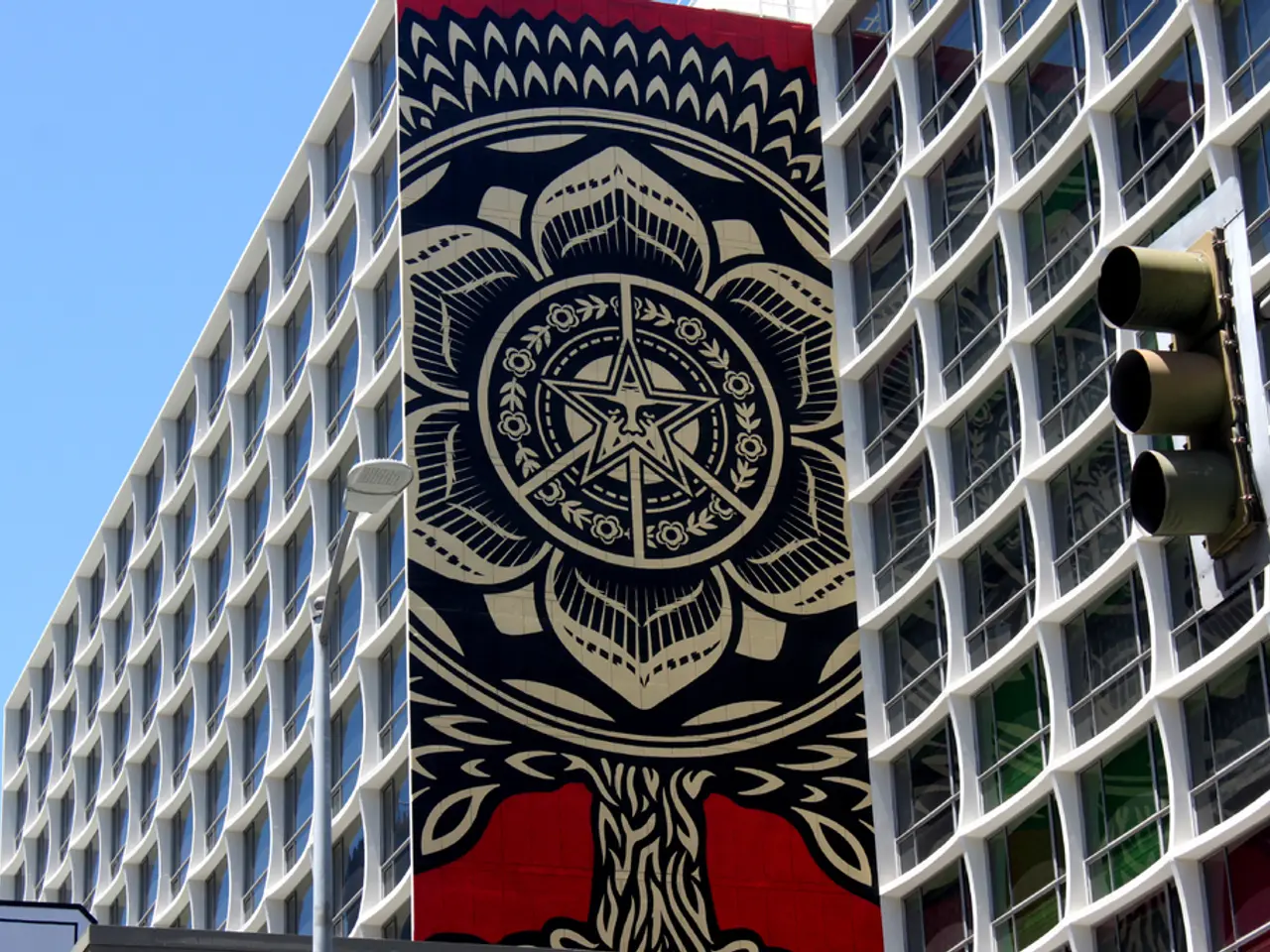United States expresses disapproval towards Kenya's affirmation of China's influence in the 'new world order'
The relationship between the United States and Kenya is undergoing a critical reassessment, particularly concerning Kenya's deepening ties with China and its participation in the Belt and Road Initiative (BRI). This development comes as US Senator Jim Risch has proposed an amendment to the National Defence Authorisation Act for Fiscal Year 2026, aimed at reassessing the status of infrastructure projects financed by China and Russia in Kenya.
The BRI, a global development strategy by China, includes infrastructure projects such as railways and highways in Kenya. These projects, amounting to approximately $5.4 billion as of mid-2025, have been a point of contention between the US and China. Kenya's President William Ruto has praised China's role in a "new world order" and has secured significant Chinese-financed infrastructure projects as part of the BRI.
The proposed amendment falls under the jurisdiction of the Senate Foreign Relations Committee. However, it does not specify whether it targets only the BRI projects or all infrastructure projects financed by China and Russia in Kenya. The amendment's potential impact could extend to the BRI projects in Kenya, potentially affecting the ongoing relationship between the two nations.
The Kenyan government is planning a state visit to Beijing, which is likely related to the BRI and the military discussions with China. This visit comes as the US is reviewing Kenya's Major Non-NATO Ally (MNNA) status, a move that could reduce Kenyan access to US defense equipment, training, and joint operations—important for regional security and military cooperation.
The US Defense is involved in a struggle with China over Kenya, with concerns over Kenya’s alignment with China’s BRI, military contacts with Russia and Iran, and other geopolitical issues. Meanwhile, Kenya is seeking to strengthen economic ties with the US as well, notably reviving negotiations for a bilateral Free Trade Agreement (FTA) to replace the expiring African Growth and Opportunity Act (AGOA). This development indicates Nairobi’s intention to balance Chinese influence by enhancing trade and investment ties with the US.
In summary, the Kenya-US relationship is strained over Kenya’s growing ties to China through the BRI, affecting US defense cooperation, while trade talks continue in parallel to potentially recalibrate the partnership. The proposed amendment to the National Defence Authorisation Act for Fiscal Year 2026, if passed, could further complicate this relationship, potentially impacting the BRI projects in Kenya.
- The ongoing reassessment of the United States' relationship with Kenya involves a focus on Kenya's deepening ties with China, particularly in the context of China's Belt and Road Initiative (BRI) and its related infrastructure projects.
- The US Senate has proposed an amendment to the National Defence Authorisation Act for Fiscal Year 2026, aiming to reassess the status of infrastructure projects financed by China and Russia in Kenya, adding another layer to the existing diplomatic tensions.
- Kenya's President William Ruto has been pursuing a policy of engagement with China, securing significant Chinese-financed infrastructure projects as part of the BRI, a move that has raised concerns in US political circles.
- The Kenyan government's planned state visit to Beijing and the ongoing military discussions with China are seen as part of Kenya's efforts to strengthen its position in war-and-conflicts related policy-and-legislation, potentially altering the general-news landscape of the Kenya-US relationship.






